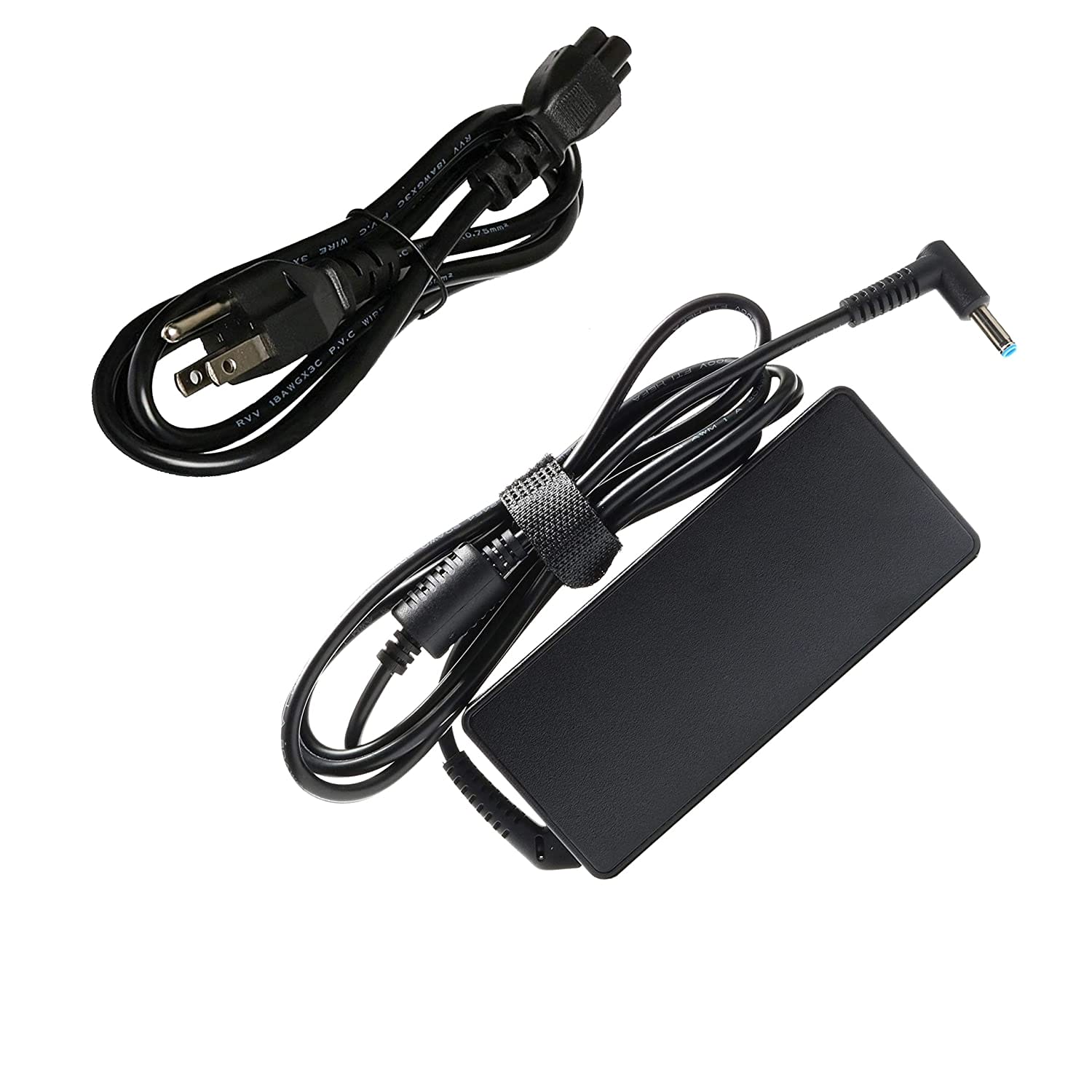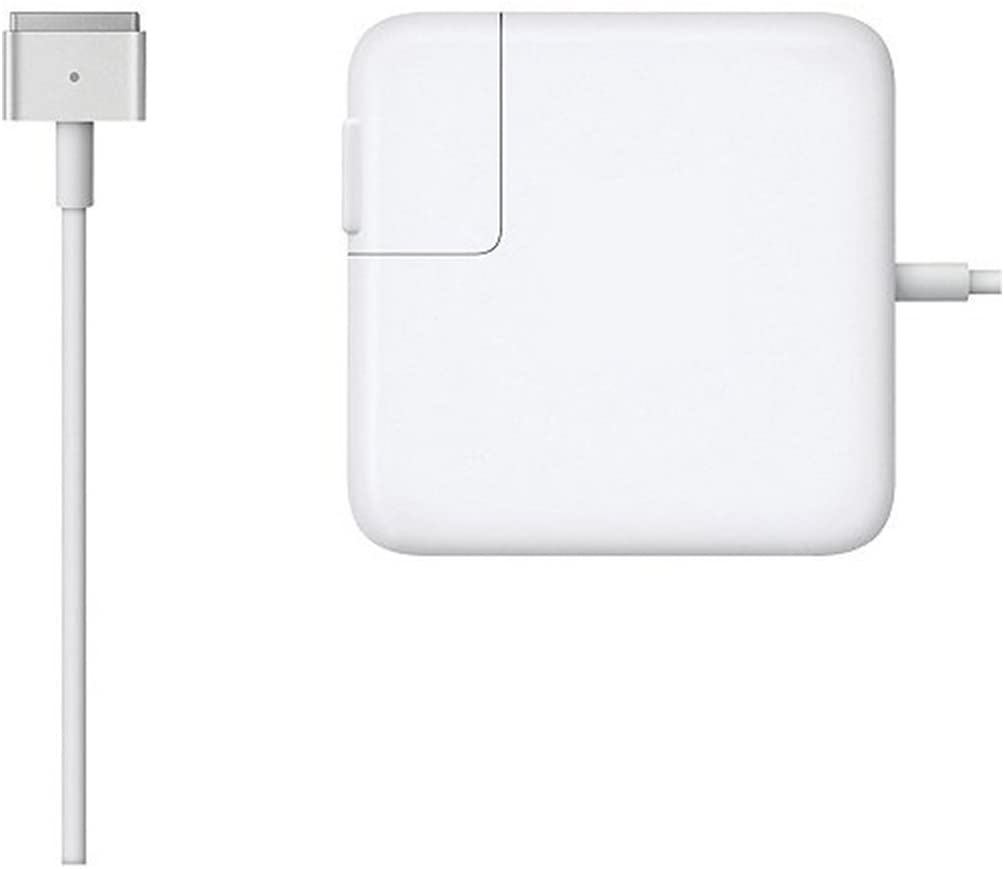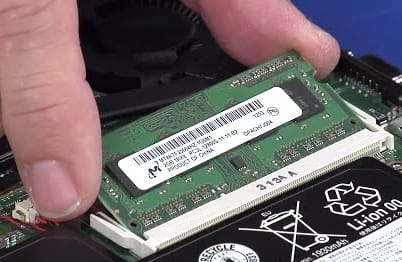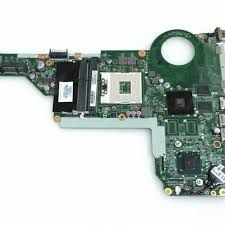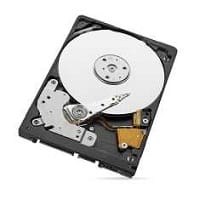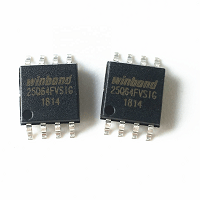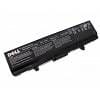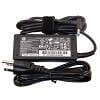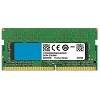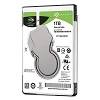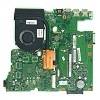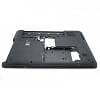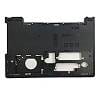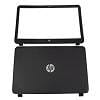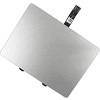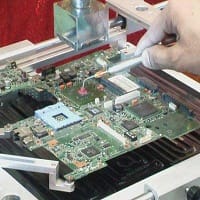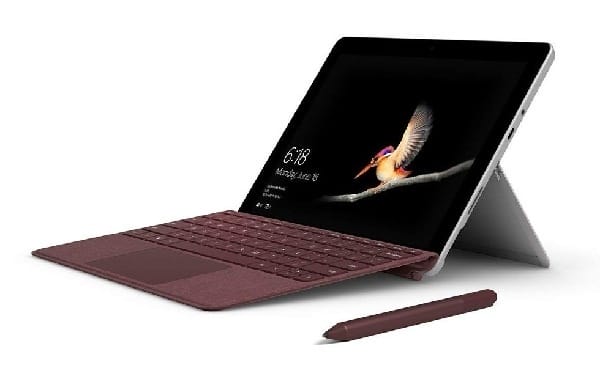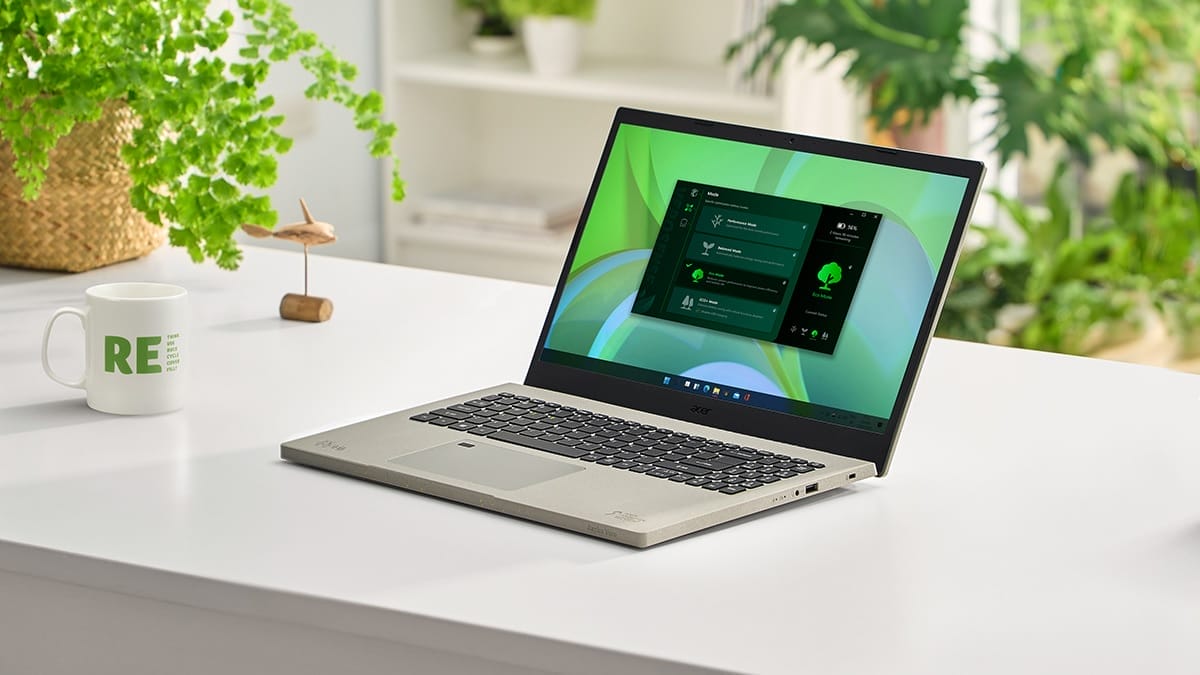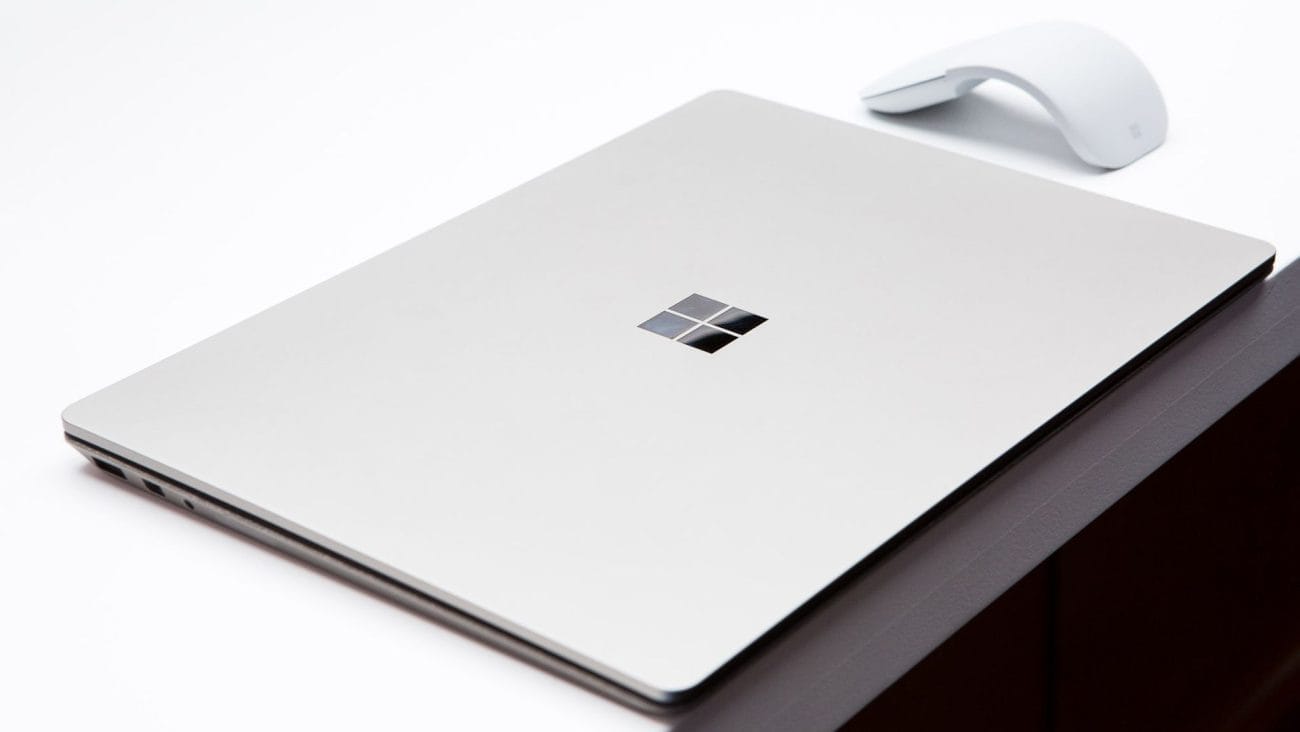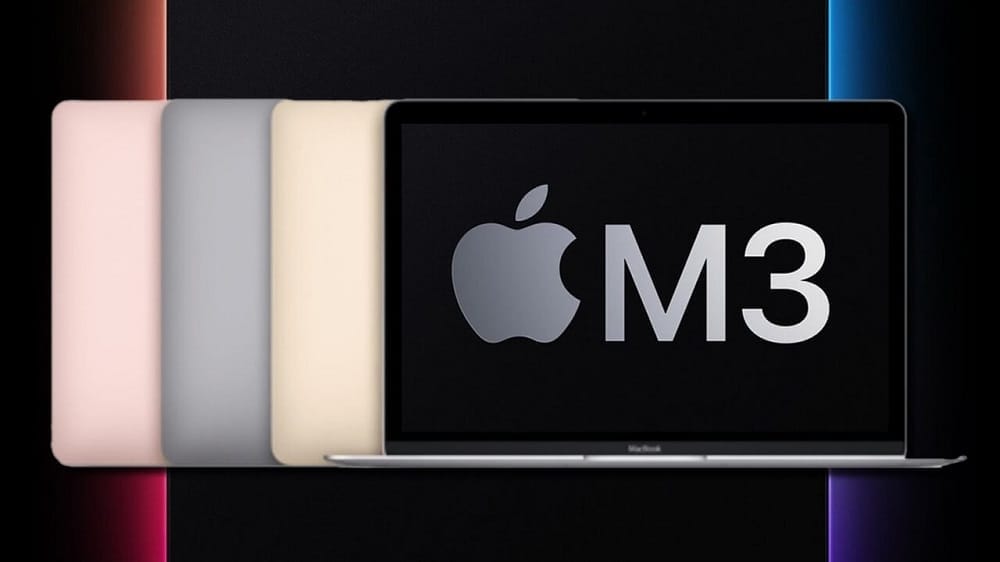Deep Dive: Eco-Conscious Computing: Sustainable Laptops to Minimize Your Footprint
In today’s digital age, laptops have become essential tools for work, education, and entertainment. However, the production, use, and disposal of these devices can have a significant negative impact on the environment. This is where eco-conscious computing comes in, advocating for mindful practices and sustainable choices when using laptops. This article delves deep into the concept of sustainable laptops, exploring key aspects and guiding you towards minimizing your digital footprint.
Understanding the Environmental Impact:
- Production: Mining for materials, manufacturing processes, and transportation contribute to greenhouse gas emissions, water and air pollution, and resource depletion.
- Use: Energy consumption during operation and reliance on non-renewable energy sources create additional environmental burdens.
- Disposal: E-waste, if not recycled responsibly, ends up in landfills, releasing harmful toxins and posing health risks.
Choosing a Sustainable Laptop:
- Prioritize Longevity: Opt for laptops with durable build quality, upgradeable components, and reliable warranties to extend their lifespan and reduce e-waste.
- Focus on Energy Efficiency: Look for Energy Star certified models with low power consumption processors, efficient displays, and optimized power management features.
- Consider Sustainable Materials: Choose laptops made from recycled plastics, ocean-bound plastics, or bamboo, prioritizing brands committed to responsible sourcing and ethical manufacturing practices.
- Research Certifications: Look for certifications like EPEAT (Electronic Product Environmental Assessment Tool) or TCO Certified, which evaluate sustainability based on various criteria.
 Beyond Choosing the Hardware:
Beyond Choosing the Hardware:
- Optimize Usage: Adjust display brightness, enable power-saving modes, and close unused applications to minimize energy consumption.
- Embrace the Cloud: Leverage cloud storage and applications to reduce hardware reliance and associated energy burdens.
- Extend Battery Life: Practice proper battery care, like avoiding full charges and discharges, to maximize its lifespan and reduce resource consumption.
- Responsible Disposal: Recycle your old laptop through certified e-waste programs to ensure safe and responsible processing.
Going Further:
- Support Sustainable Brands: Choose brands with transparency in their sustainability efforts and commitment to ethical practices.
- Advocate for Change: Join initiatives promoting responsible e-waste management and legislation for sustainable electronics production.
- Explore Circular Economy Models: Consider leasing or renting laptops instead of owning them, promoting resource efficiency and product reuse.
Remember: The most sustainable laptop is the one you already have. By maximizing its lifespan, optimizing usage, and disposing of it responsibly, you can significantly minimize your environmental impact. Choosing sustainable options when upgrading and advocating for change within the industry can further contribute to a greener future for computing.
Additional Resources:
- Mossy Earth – Eco Friendly Laptop: https://www.mossy.earth/
- EcoExplorers – Going Green: How Eco-Friendly Laptops Can Reduce Your Carbon Footprint: https://www.leafscore.com/energy-efficient/best-sustainable-laptops/
- IT News Africa – Eco-Friendly Computing: 11 Ways to Make Your Laptop More Environmentally Friendly: https://blog.google/products/chromebooks/built-for-sustainability/
- ASUS – 10 Eco-Friendly Laptop Habits For Everyone: https://www.asus.com/content/10-eco-friendly-laptop-habits-for-everyone/
By making informed choices and adopting sustainable practices, we can ensure that our digital lives don’t come at the cost of our planet’s health. Start your journey towards eco-conscious computing today!



